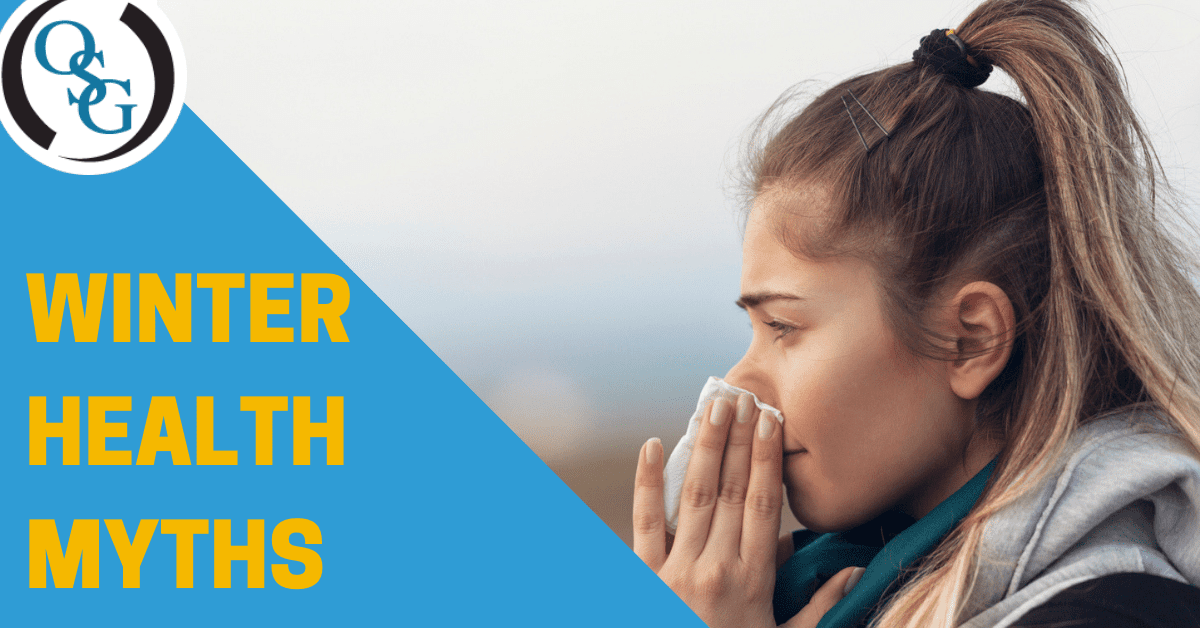
Don’t Fall For These Top Winter Health Myths
As soon as the temperature starts to drop, old winter health myths rear their ugly heads. Unfortunately, these misconceptions have been around so long and have been repeated so often, people tend to believe them. Let’s separate fact from fiction:
1. Spending too much time in the cold will make us sick.
No, it won’t. Germs actually spread when colder temperatures drive us indoors, where we’re much more likely to be exposed to illness through close contact with others.
2. Starve a fever.
Once upon a time, people believed a great way to treat a fever was to cut down on food because that slowed metabolism and helped cool down the body. Nowadays, we know that it might also be hazardous. The higher our fever, the more energy our bodies use. The best way to fight off infection is to replenish our body’s resources with healthy food and good hydration, including electrolytes.
3. Winter means no allergies.
This is only true for those of us who don’t suffer from indoor allergies: mold, pet dander, and dust mites for example. These allergies may actually get worse during the winter when windows and doors are tightly closed.
4. We don’t need to use sunscreen.
Did you know the Earth’s surface is even closer to the sun in January than it is in July? That means we’re actually exposed to more ultraviolet rays during the winter, even on cloudy days! Snow and ice double the effect because they reflect 80+ percent of the sun’s rays back at us. So a good sunscreen is a must, no matter what the thermometer says.
5. Rain and damp days can worsen arthritis pain.
You may have heard your older relatives telling you that it’s going to rain or snow because their knees are hurting. Though they might have made a good guess, there is no proof that dampness intensifies arthritis symptoms.
At Orthopaedic Specialty Group, we offer a wide variety of treatments to help our patients deal with conditions such as rheumatoid arthritis, chronic pain, sports injuries, and more. Contact us today to schedule your appointment (203) 337-2600!
